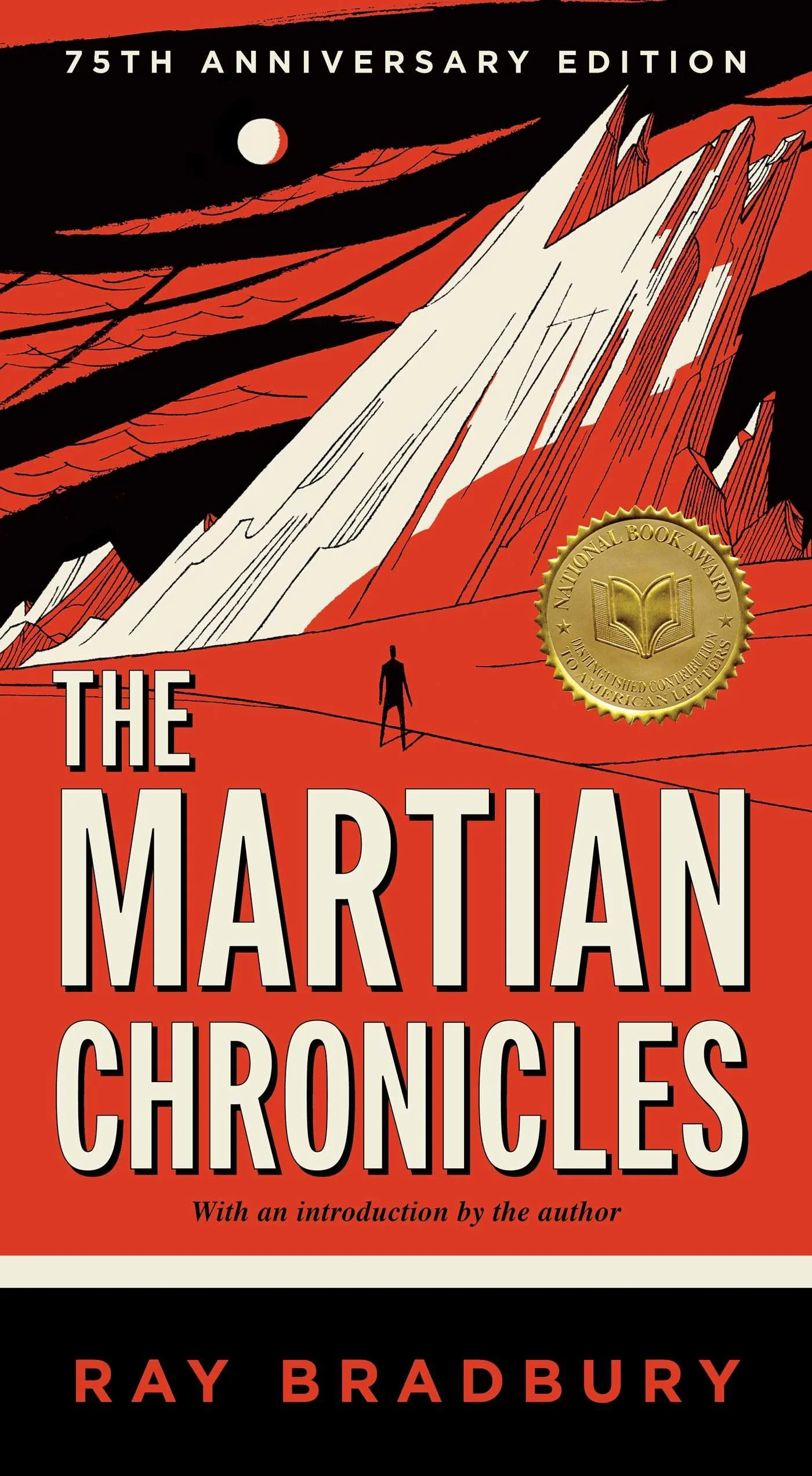Game Without Rules
/I can’t remember where I first saw Game Without Rules recommended, though I think it was John Wilson recommending it, but I’m glad I sought it out. I’ve read a lot of great espionage fiction over the last several years—Buchan, Ambler, Fleming, Le Carré, Deighton—and this collection of stories by Michael Gilbert offers some of the most intricately constructed, surprising, suspenseful, and plain enjoyable spy stories I’ve come across.
Published in 1967, Game Without Rules collects eleven short stories about Mr Calder and Mr Behrens, agents for a British intelligence service during the early-1960s height of the Cold War. Now retirement-age, they live near each other in a quaint Kentish village where Mr Behrens lives with his aunt and keeps bees and Mr Calder spends quiet days with Rasselas, his Persian deerhound. They have pints in the village and drop in on each other once a week to play backgammon. And just occasionally their handler, Mr Fortescue, a seemingly unremarkable bank manager, calls them up to London on a mission only their organization can complete.
The missions are classic spy stuff. In the first story they discover a corpse left over from World War II that hints at a deep-cover mole they must identify. Later, Mr Calder and Mr Behrens bring down a ring of drug and pornography smugglers. In another, they track the progress of a young agent along a Soviet exfiltration route through Europe, hoping to uncover its operations but risking detection and death. In another, the two take part in an urgent Christmas Eve assignment in Bonn—recovering equipment, helping a defector escape—with a snowstorm threatening from the sky and East German operatives moving in on the ground. In yet another, they provide security for the young boarding school student who has unexpectedly inherited the throne of his father’s unnamed Middle Eastern kingdom and who must be shielded from kidnappers and enemy agents seeking kompromat. In the final story, they confront a German agent with a decades-old grudge and no remaining reasons to hold back from revenge.
Double agents, enemy tech, infiltration, exfiltration, and assassination may seem familiar, but these stories are intricately plotted and written with effortless economy—some are rich enough for novels but run a tight twenty pages—and always surprising. They’re also witty. Humor—wordplay, wry observations, and frustrated sarcasm between the two—works throughout to dissolve tension and reveal character, not least that of Gilbert’s two aging operatives.
Mr Calder and Mr Behrens are now some of my favorite spy characters. Gilbert characterizes them minimally. One is short and bald, the other barrel-chested. It’s sometimes hard to remember which is which, but they have distinct personalities that make their missions together fun to read. Both are in their late 50s at at the youngest (a dossier at the beginning lists them as born in 1910 and 1913, but there is an ambiguous allusion in one story to Mr Calder having served in World War I) and have both spent decades in espionage, being recruited in the 1930s and serving in important intelligence and special operations roles during World War II, so they’re in their early 60s at least. They’re experienced, capable, skilled—in multiple languages, marksmanship, and practical tradecraft—and utterly dependable. Their friendship is revealed through their professionalism with each other rather than in spite of it.
Imagine the cozy bonhomie of Frog and Toad combined with the ruthlessness of Fleming’s Bond and the most hard-bitten pragmatism of Le Carré. “In this job,” Mr Behrens tells another agent after a high-stakes assignment that was nearly botched, “there is neither right nor wrong. Only expediency.” One senses this is bluff, as this expressed coldbloodedness is belied by his dedication to fighting Communism—the Soviets are, refreshingly, always presented as evil—and by his actions in other stories, especially when it comes to saving Mr Calder.
One realizes just how much one has come to feel for the pair in the penultimate story, in which Mr Fortescue worries that Mr Calder, who has started plotting the genealogy of Prometheus on a giant paper chart, is going mad—an unsurprising turn for someone who has lived so much of his life under cover. Dispatched to London to look for him, Mr Behrens takes Rasselas with him. Their genuine distress over Mr Calder is moving, and makes the revelation at the end of the story all the more surprising and satisfying.
I’ve looked back through Game Without Rules and, of the eleven stories, can’t select any of them as in any way weak or unsatisfying. This has been some of my most purely enjoyable reading in a while, especially in the spy genre. I read it aloud to my wife before bed over the last four weeks, and we both loved it. If you’re looking for some strong, well-crafted stories that combine mystery, thriller, and espionage with some subtle character work, I can’t recommend it highly enough.










